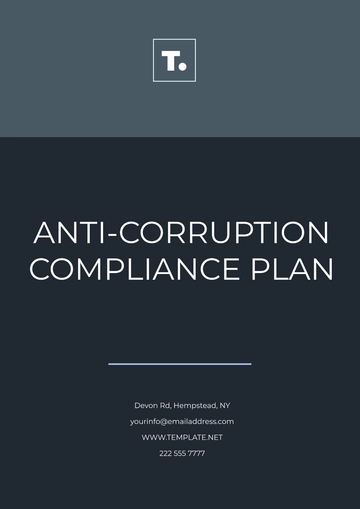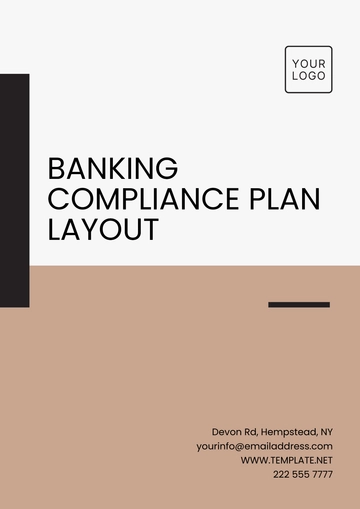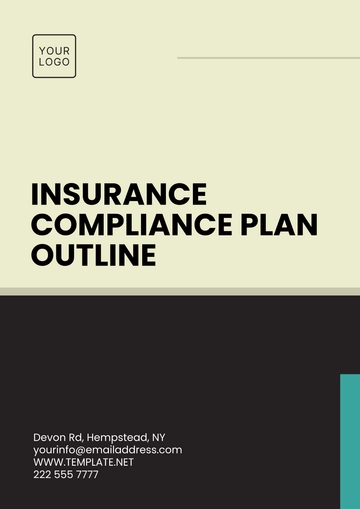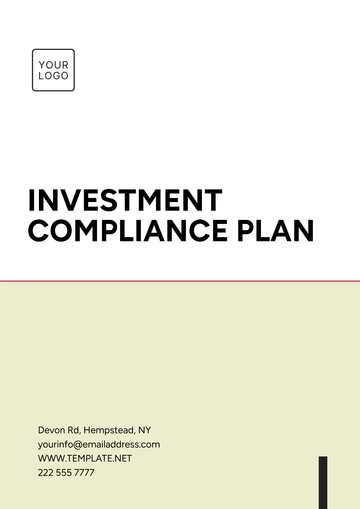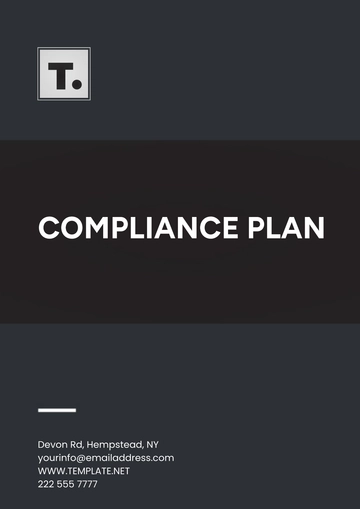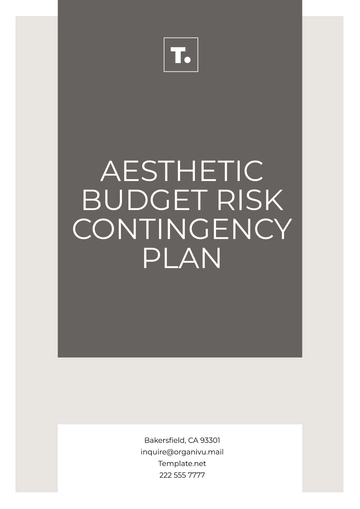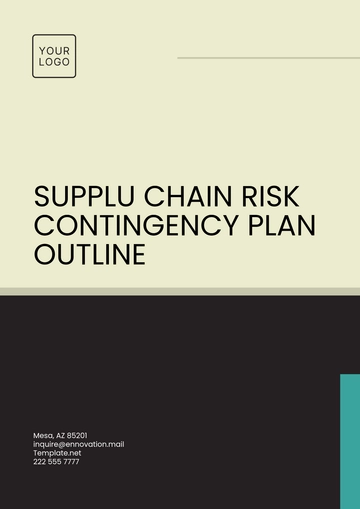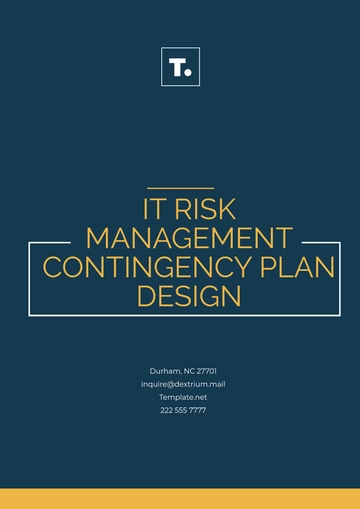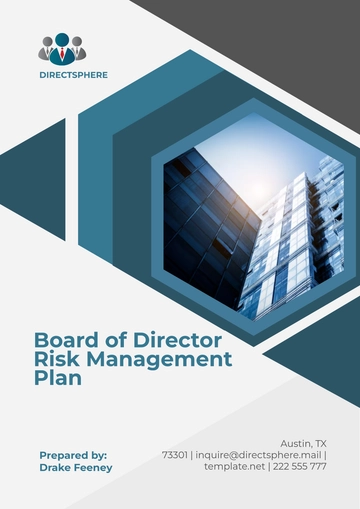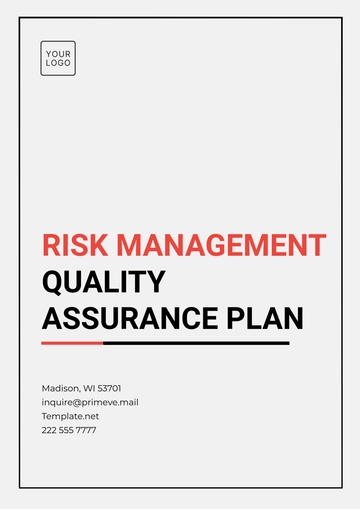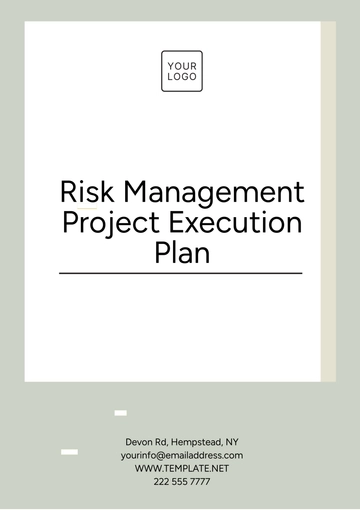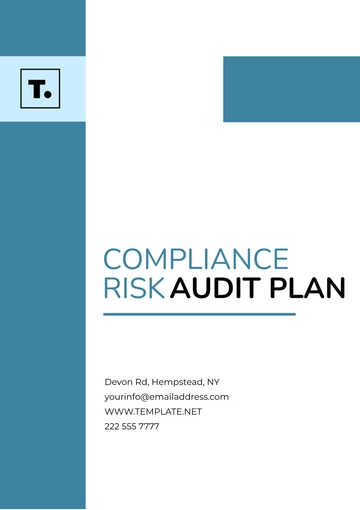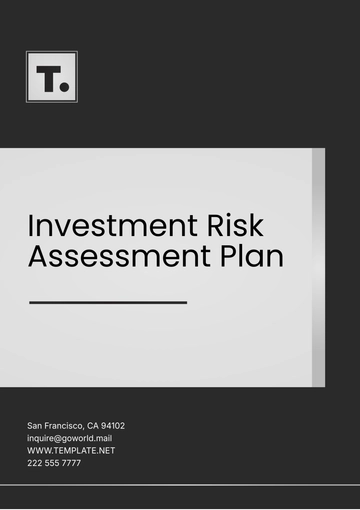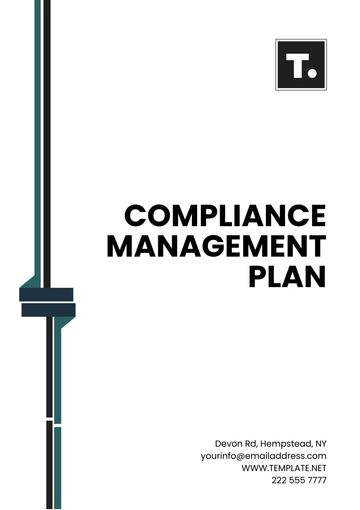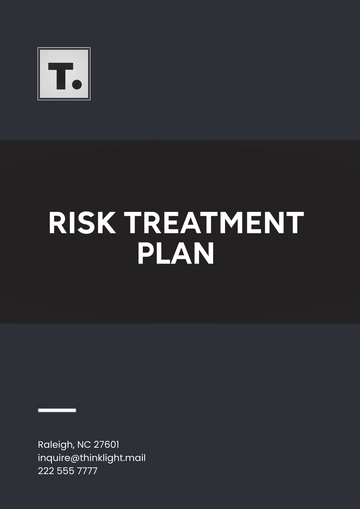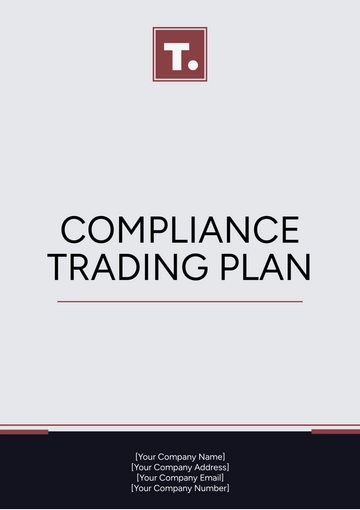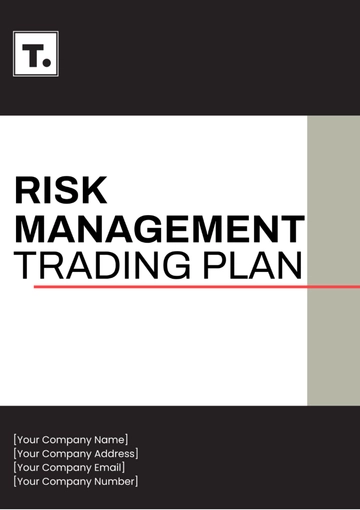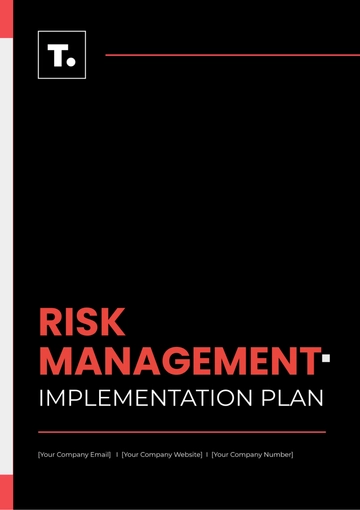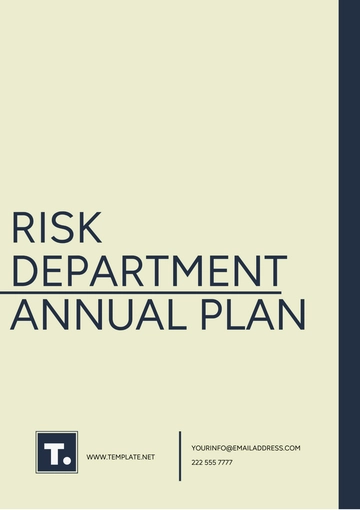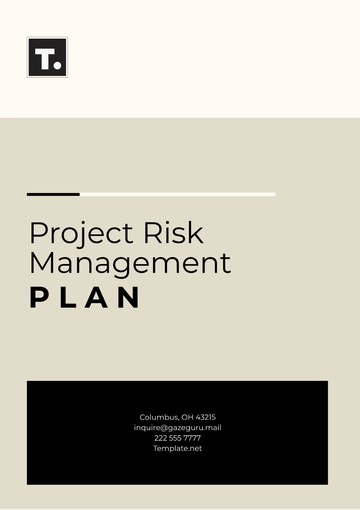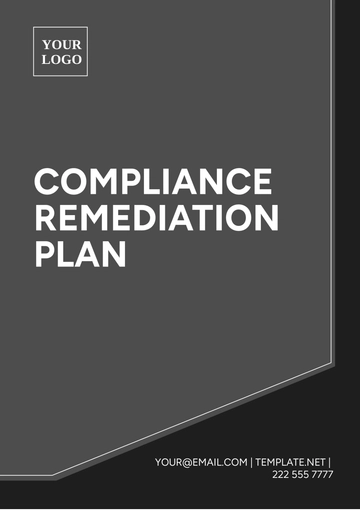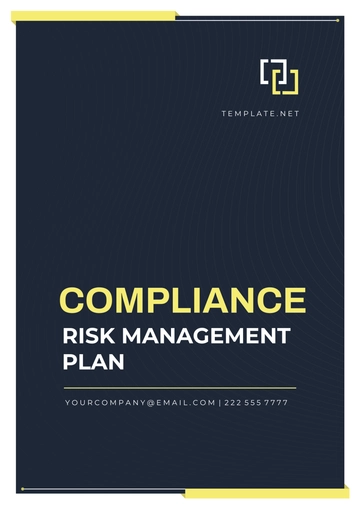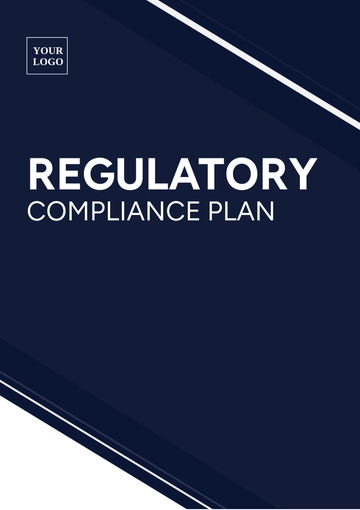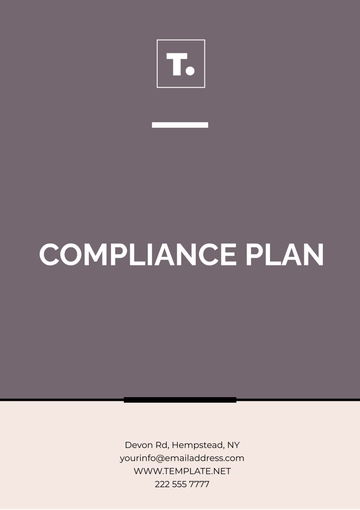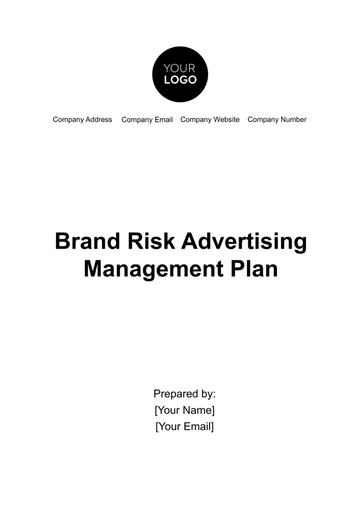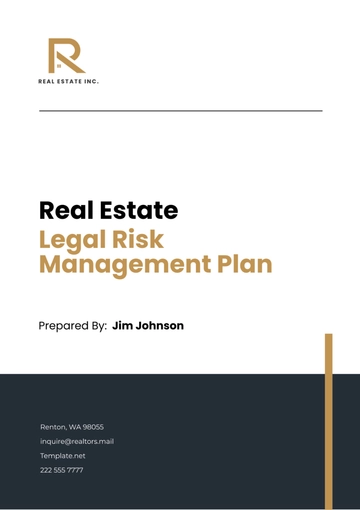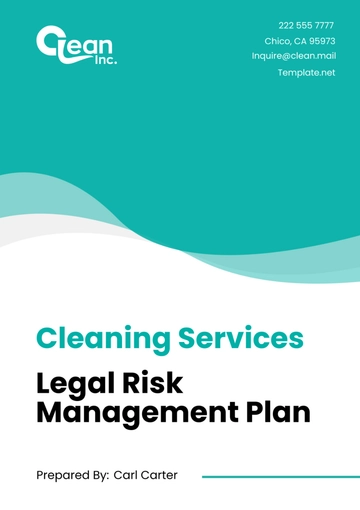Free Anti-Corruption Compliance Plan
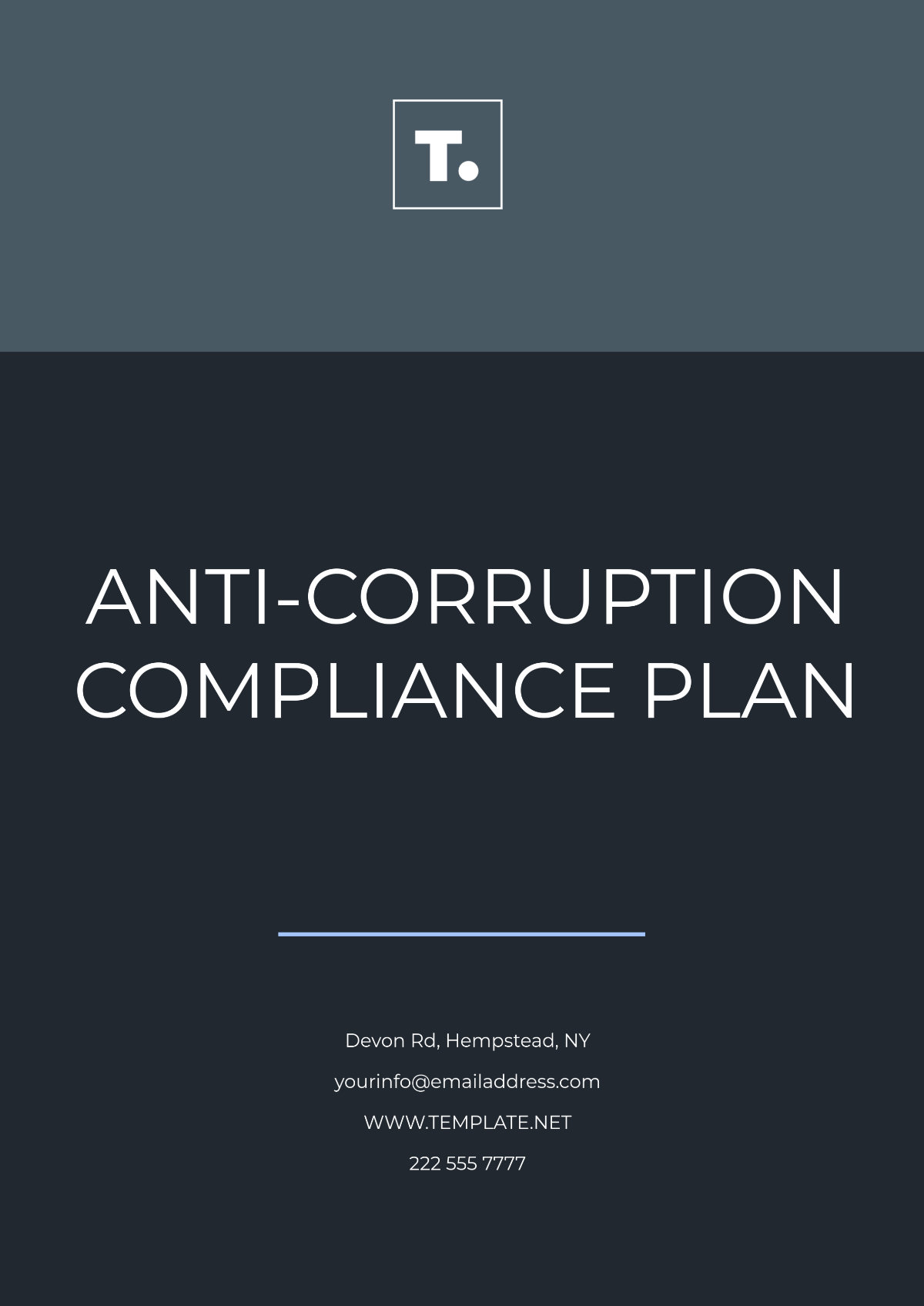
Date: [Date]
Prepared By: [Your Name]
I. Introduction
The Anti-Corruption Compliance Plan (the "Plan") is designed to promote ethical business practices and ensure that the organization complies with local, national, and international anti-corruption laws. This Plan aims to prevent corruption in all forms, including bribery, kickbacks, and other unethical conduct that could compromise the integrity of the organization.
II. Purpose
The purpose of the Anti-Corruption Compliance Plan is to:
Establish clear guidelines for ethical business conduct.
Prevent corruption and bribery in all operations and dealings.
Comply with the Foreign Corrupt Practices Act (FCPA), UK Bribery Act, and other relevant anti-corruption laws.
Promote transparency, accountability, and integrity throughout the organization.
III. Scope
The Plan applies to:
All employees, directors, and officers of the organization.
Third-party contractors, suppliers, and business partners.
Any individual or entity acting on behalf of the organization in domestic or international transactions.
IV. Key Compliance Principles
Prohibition of Bribery and Corruption
Employees and third parties must not offer, give, accept, or solicit any bribe, kickback, or illegal payment.
This includes both direct and indirect payments, gifts, or any form of inducement that may influence business decisions.
Transparency and Accountability
All financial transactions and business dealings must be transparent, accurately recorded, and properly documented.
Any deviation from standard procedures must be immediately reported.
Gifts, Entertainment, and Hospitality
The giving and receiving of gifts, entertainment, and hospitality must not influence or appear to influence business decisions.
Any gifts, meals, or entertainment must be reasonable, infrequent, and in line with the organization's code of conduct.
Third-Party Due Diligence
Comprehensive due diligence procedures must be conducted before engaging with any third party (contractors, suppliers, consultants, etc.) to ensure that they adhere to anti-corruption standards.
Contracts with third parties must include anti-corruption clauses, confirming adherence to anti-corruption laws.
Political Contributions and Charitable Donations
Employees must not make political contributions on behalf of the company unless authorized.
Charitable donations must not be used to conceal corrupt payments.
Confidential Reporting Mechanism
Employees must have access to a confidential reporting system to report suspected corruption or violations of the Plan without fear of retaliation.
All complaints must be investigated promptly, and corrective actions taken where necessary.
V. Roles and Responsibilities
Senior Management
Senior management is responsible for establishing the Plan and ensuring its enforcement.
They must lead by example, demonstrating ethical behavior and commitment to compliance.
Compliance Officer
The Compliance Officer is tasked with overseeing the implementation, monitoring, and periodic review of the Plan.
They are responsible for conducting training, audits, and investigations related to potential breaches of the Plan.
Employees
All employees must read, understand, and adhere to the Plan.
Employees should raise concerns if they suspect violations of the Plan.
VI. Training and Awareness
Mandatory anti-corruption training will be provided to all employees, including new hires and third parties, to ensure they understand the importance of the Plan and their role in preventing corruption.
Periodic refresher courses will be conducted to maintain awareness of evolving anti-corruption laws and practices.
VII. Monitoring and Auditing
Regular audits and reviews of financial transactions, contracts, and business relationships will be conducted to detect any potential corruption or ethical breaches.
The Compliance Officer will monitor adherence to the Plan and address any concerns that arise.
VIII. Enforcement and Disciplinary Action
Violation of the Anti-Corruption Compliance Plan will result in disciplinary actions, up to and including termination of employment and legal action.
Employees found guilty of corruption will be reported to the relevant authorities, and appropriate legal measures will be taken.
IX. Corrective Actions and Continuous Improvement
The organization will take corrective actions in response to identified violations or weaknesses in the compliance program.
The Plan will be periodically reviewed and updated to address new legal requirements, emerging risks, and organizational changes.
X. Conclusion
The organization is committed to maintaining the highest standards of business ethics and integrity. The Anti-Corruption Compliance Plan is a key part of this commitment, and it is essential that all employees and third parties understand their responsibilities and contribute to a corruption-free environment.
- 100% Customizable, free editor
- Access 1 Million+ Templates, photo’s & graphics
- Download or share as a template
- Click and replace photos, graphics, text, backgrounds
- Resize, crop, AI write & more
- Access advanced editor
Ensure ethical business practices with the Anti-Corruption Compliance Plan Template offered by Template.net. This fully customizable, downloadable, and printable template is designed to streamline your compliance processes. Editable in our AI Editor Tool, it empowers you to tailor content effortlessly, aligning with your organization’s specific needs while promoting transparency and accountability.
You may also like
- Finance Plan
- Construction Plan
- Sales Plan
- Development Plan
- Career Plan
- Budget Plan
- HR Plan
- Education Plan
- Transition Plan
- Work Plan
- Training Plan
- Communication Plan
- Operation Plan
- Health And Safety Plan
- Strategy Plan
- Professional Development Plan
- Advertising Plan
- Risk Management Plan
- Restaurant Plan
- School Plan
- Nursing Home Patient Care Plan
- Nursing Care Plan
- Plan Event
- Startup Plan
- Social Media Plan
- Staffing Plan
- Annual Plan
- Content Plan
- Payment Plan
- Implementation Plan
- Hotel Plan
- Workout Plan
- Accounting Plan
- Campaign Plan
- Essay Plan
- 30 60 90 Day Plan
- Research Plan
- Recruitment Plan
- 90 Day Plan
- Quarterly Plan
- Emergency Plan
- 5 Year Plan
- Gym Plan
- Personal Plan
- IT and Software Plan
- Treatment Plan
- Real Estate Plan
- Law Firm Plan
- Healthcare Plan
- Improvement Plan
- Media Plan
- 5 Year Business Plan
- Learning Plan
- Marketing Campaign Plan
- Travel Agency Plan
- Cleaning Services Plan
- Interior Design Plan
- Performance Plan
- PR Plan
- Birth Plan
- Life Plan
- SEO Plan
- Disaster Recovery Plan
- Continuity Plan
- Launch Plan
- Legal Plan
- Behavior Plan
- Performance Improvement Plan
- Salon Plan
- Security Plan
- Security Management Plan
- Employee Development Plan
- Quality Plan
- Service Improvement Plan
- Growth Plan
- Incident Response Plan
- Basketball Plan
- Emergency Action Plan
- Product Launch Plan
- Spa Plan
- Employee Training Plan
- Data Analysis Plan
- Employee Action Plan
- Territory Plan
- Audit Plan
- Classroom Plan
- Activity Plan
- Parenting Plan
- Care Plan
- Project Execution Plan
- Exercise Plan
- Internship Plan
- Software Development Plan
- Continuous Improvement Plan
- Leave Plan
- 90 Day Sales Plan
- Advertising Agency Plan
- Employee Transition Plan
- Smart Action Plan
- Workplace Safety Plan
- Behavior Change Plan
- Contingency Plan
- Continuity of Operations Plan
- Health Plan
- Quality Control Plan
- Self Plan
- Sports Development Plan
- Change Management Plan
- Ecommerce Plan
- Personal Financial Plan
- Process Improvement Plan
- 30-60-90 Day Sales Plan
- Crisis Management Plan
- Engagement Plan
- Execution Plan
- Pandemic Plan
- Quality Assurance Plan
- Service Continuity Plan
- Agile Project Plan
- Fundraising Plan
- Job Transition Plan
- Asset Maintenance Plan
- Maintenance Plan
- Software Test Plan
- Staff Training and Development Plan
- 3 Year Plan
- Brand Activation Plan
- Release Plan
- Resource Plan
- Risk Mitigation Plan
- Teacher Plan
- 30 60 90 Day Plan for New Manager
- Food Safety Plan
- Food Truck Plan
- Hiring Plan
- Quality Management Plan
- Wellness Plan
- Behavior Intervention Plan
- Bonus Plan
- Investment Plan
- Maternity Leave Plan
- Pandemic Response Plan
- Succession Planning
- Coaching Plan
- Configuration Management Plan
- Remote Work Plan
- Self Care Plan
- Teaching Plan
- 100-Day Plan
- HACCP Plan
- Student Plan
- Sustainability Plan
- 30 60 90 Day Plan for Interview
- Access Plan
- Site Specific Safety Plan
